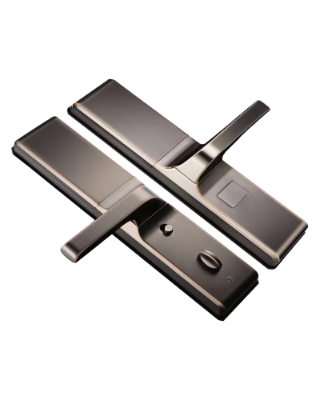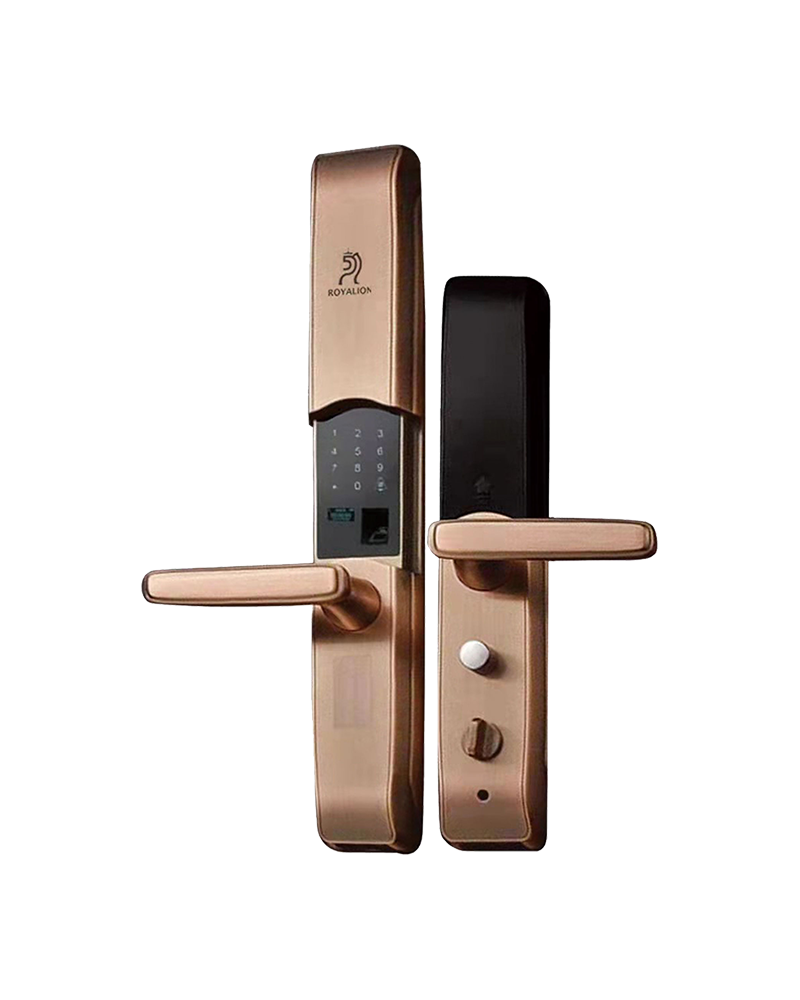High Quality wireless lock Company
In today's rapidly evolving technological landscape, wireless locks have emerged as a revolutionary solution for enhancing security in both residential and commercial settings. These innovative devices not only provide convenience but also incorporate advanced security features, including multi-factor authentication, which significantly bolsters their effectiveness against unauthorized access.
At the core of wireless locks is the ability to connect to smartphones and other smart devices via Bluetooth or Wi-Fi. This connectivity allows users to control their locks remotely, offering a level of convenience that traditional locks simply cannot match. However, the true strength of these locks lies in their security protocols. Multi-factor authentication (MFA) is a critical feature that adds an extra layer of protection, ensuring that only authorized users can gain access.
Multi-factor authentication works by requiring users to provide two or more verification factors to access the lock. This could include something they know, such as a password or PIN, and something they have, like a smartphone or a biometric identifier. For instance, when a user attempts to unlock a wireless lock, they may enter a unique code on their smartphone app. Once this code is verified, the system may then prompt them to use a fingerprint scanner or facial recognition feature on their device. This two-step process significantly reduces the likelihood of unauthorized access, as it requires multiple forms of verification.
The integration of MFA in wireless locks is particularly beneficial in environments where security is paramount, such as in offices, schools, and residential complexes. For example, in a university setting, students can use their smartphones to unlock their dormitory doors, but they must authenticate their identity through a secure app. This not only enhances security but also provides a convenient way for students to manage access without the need for physical keys.
Moreover, wireless locks equipped with MFA can generate detailed access logs, allowing property managers or homeowners to monitor who enters and exits a building. This feature is invaluable for maintaining security in multi-tenant environments, where tracking access can prevent unauthorized entry and enhance accountability. If a security breach occurs, the logs can provide crucial information about when and how the breach happened, allowing for a swift response.
Another significant advantage of wireless locks is their ability to be updated remotely. Unlike traditional locks, which require physical intervention to change codes or keys, wireless locks can be reprogrammed through a mobile app. This means that if a user loses their phone or if a security threat is detected, the lock can be quickly disabled or reconfigured without the need for a locksmith. This flexibility is a game-changer for security management, particularly in high-traffic areas.
The technology behind wireless locks is continually evolving, with manufacturers incorporating advanced encryption methods to protect data transmitted between the lock and the user's device. This ensures that even if a hacker intercepts the communication, they cannot easily gain access to the lock. Additionally, many wireless locks now feature tamper alerts, notifying users immediately if someone attempts to manipulate the lock.
As the demand for smart home technology grows, wireless locks are becoming increasingly popular among homeowners looking to enhance their security. The convenience of keyless entry combined with the robust security offered by multi-factor authentication makes these locks an attractive option for anyone concerned about safety.
Wireless locks represent a significant advancement in security technology. By incorporating multi-factor authentication, they provide a level of protection that traditional locks cannot match. As we continue to embrace smart technology in our daily lives, the role of wireless locks in safeguarding our homes and businesses will undoubtedly become more critical. With their ability to combine convenience, flexibility, and enhanced security, these locks are paving the way for a safer future.

 English
English Español
Español




